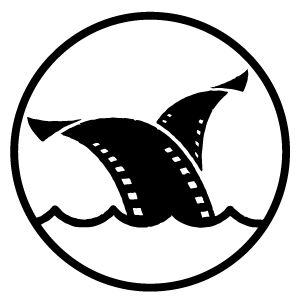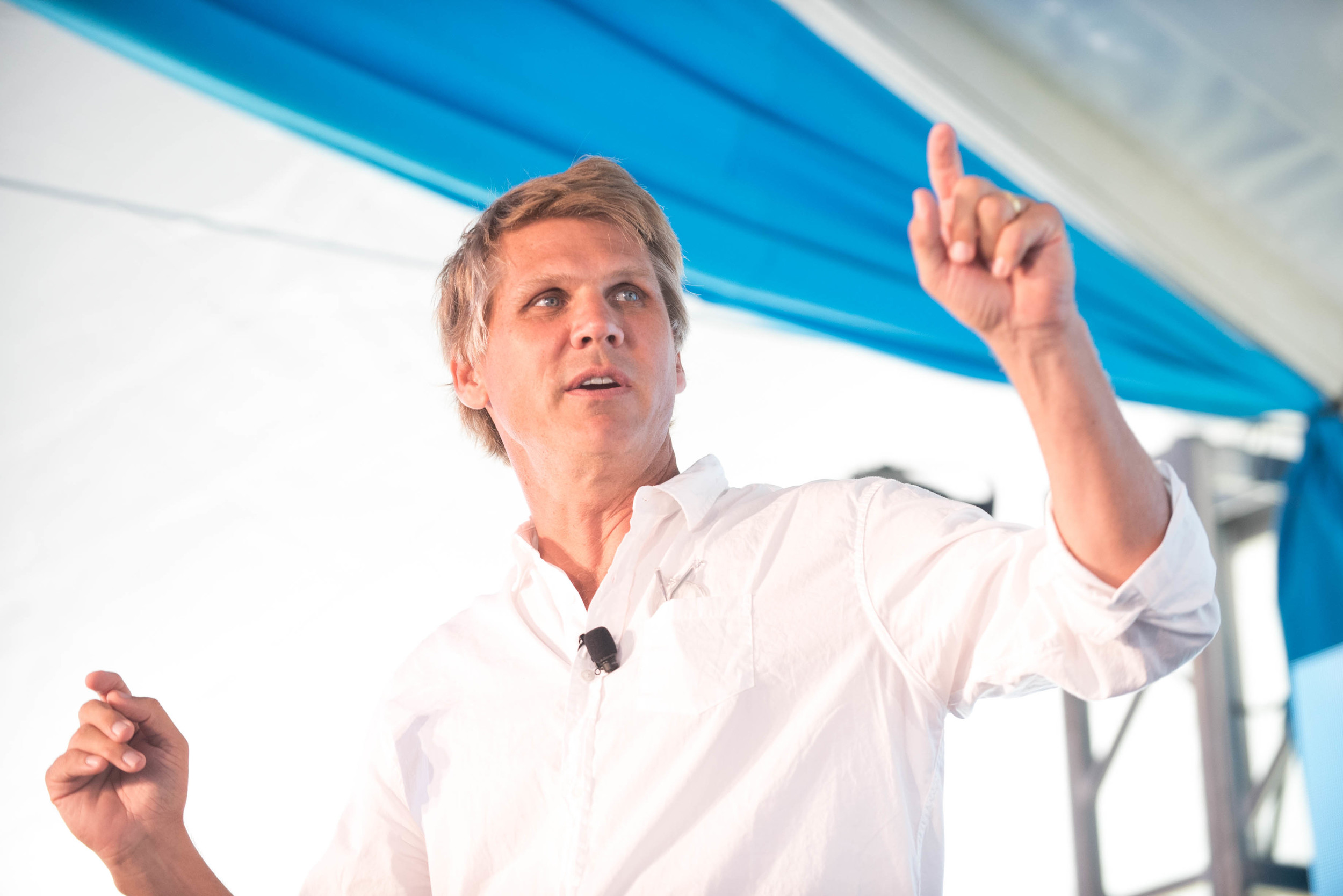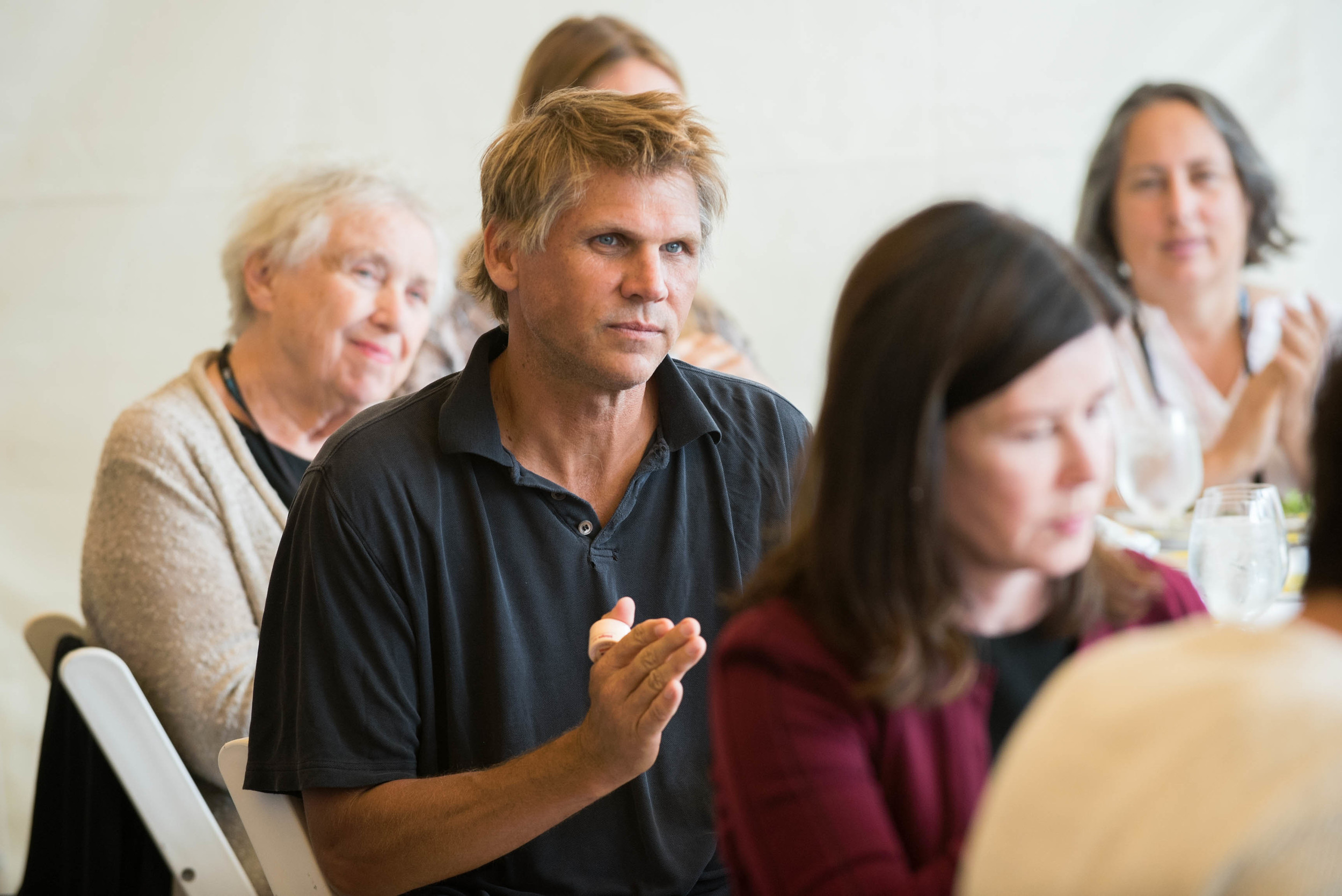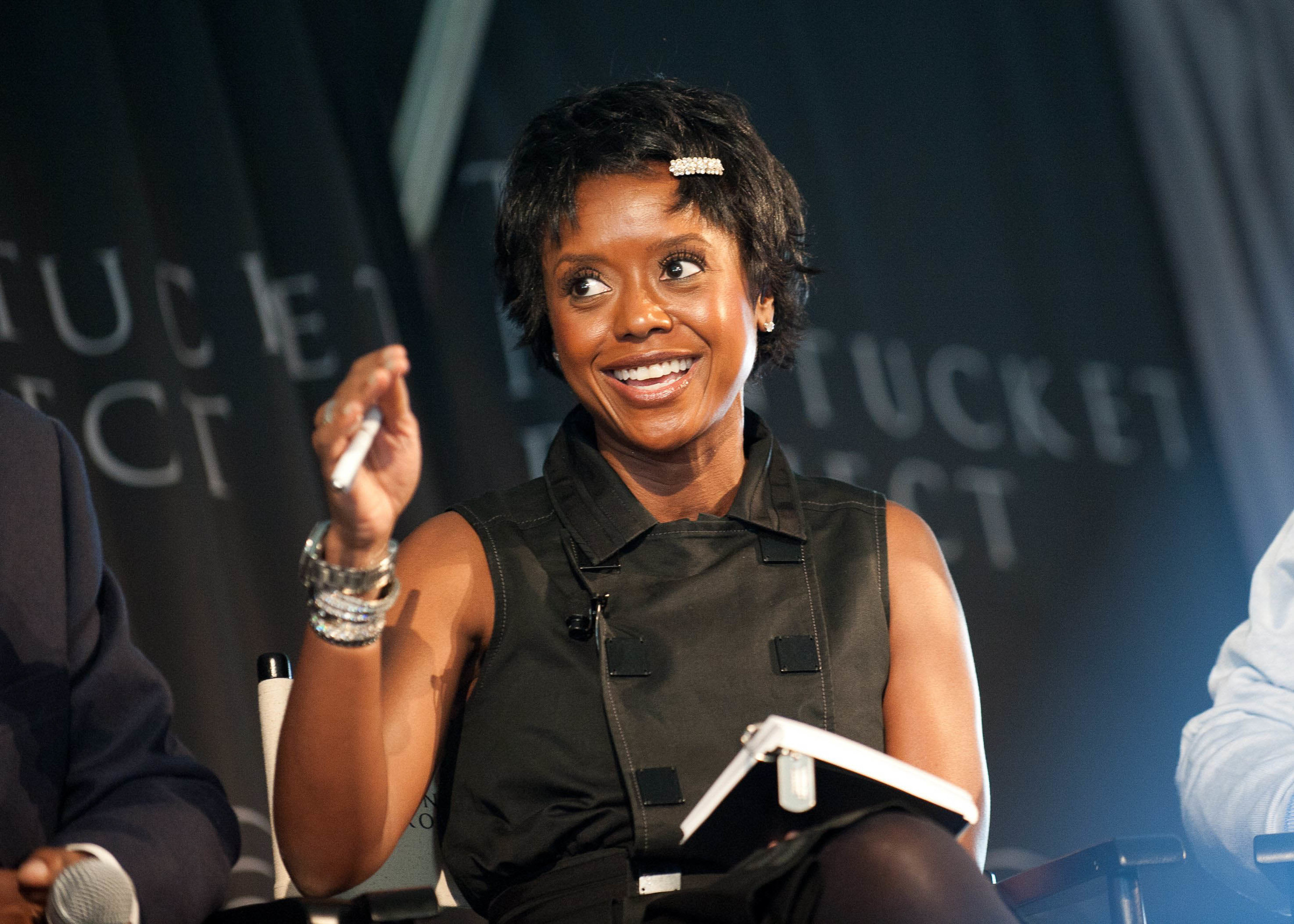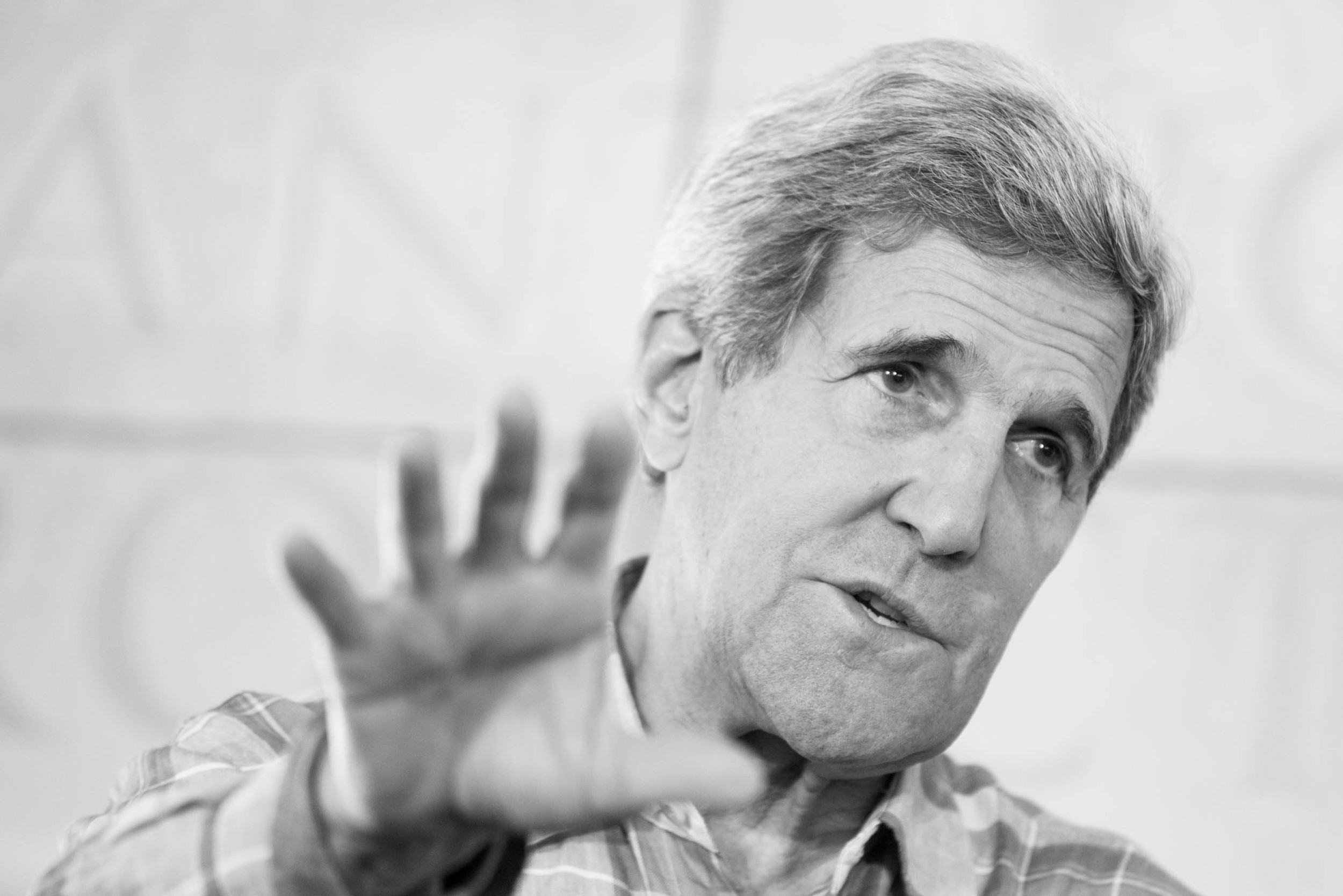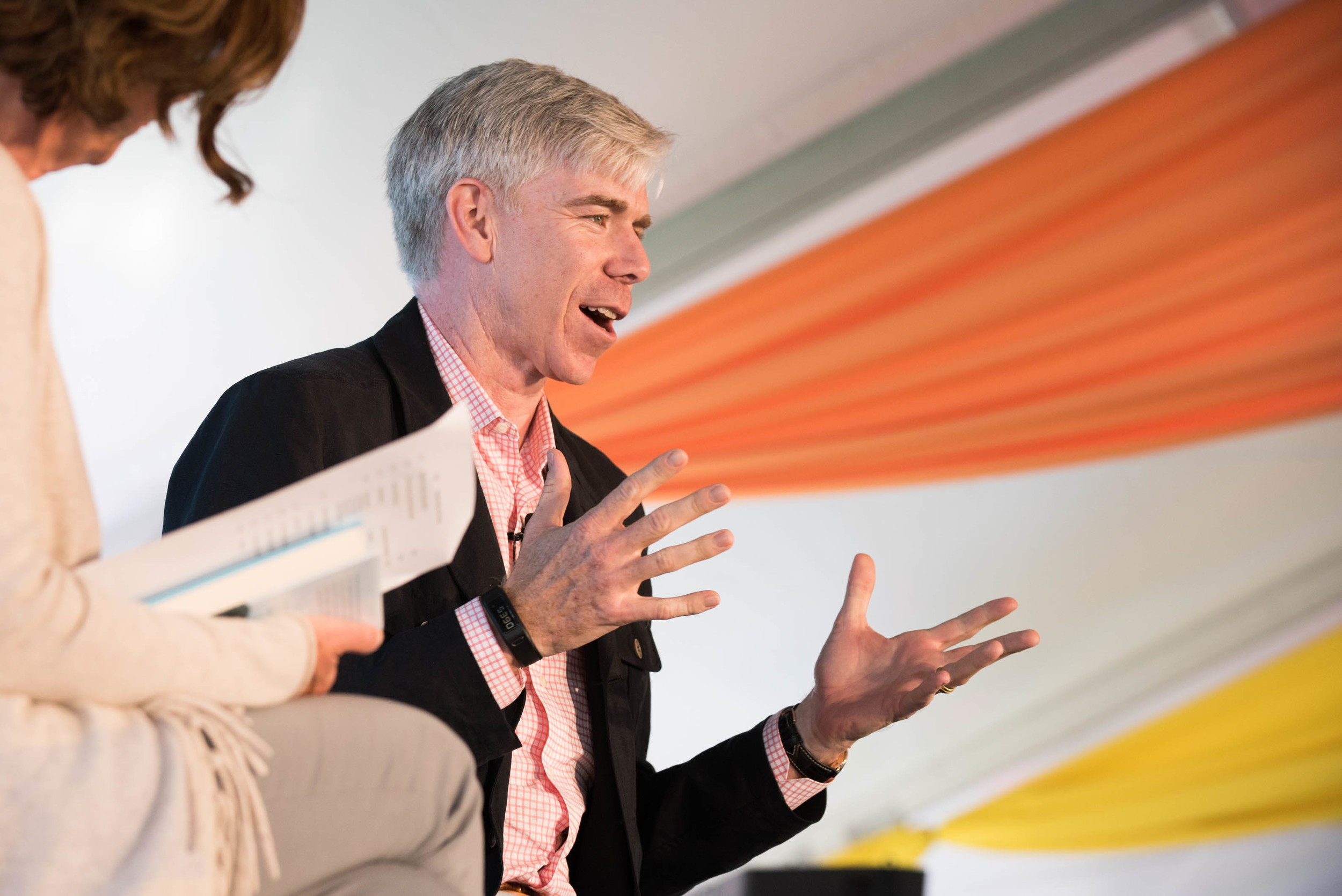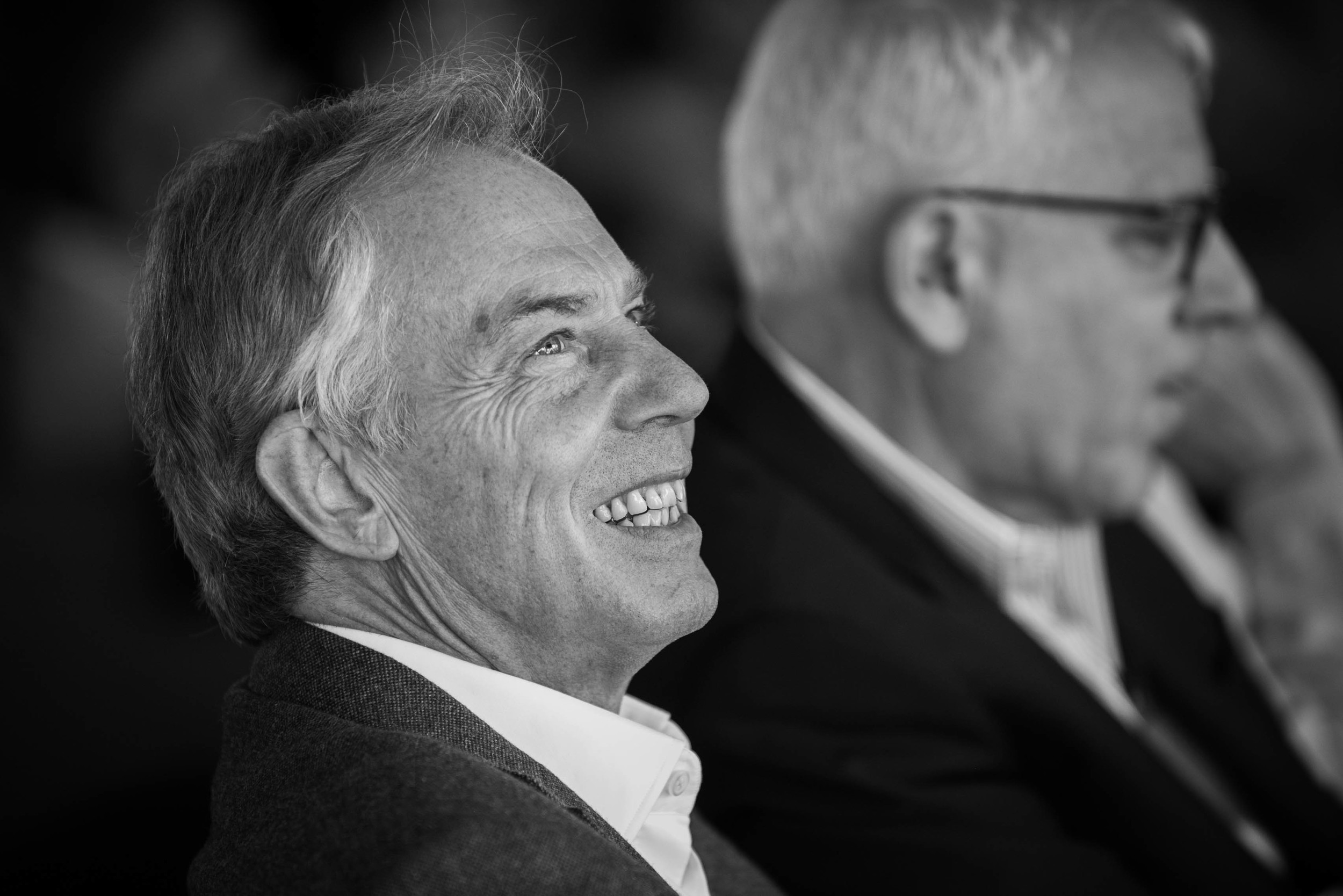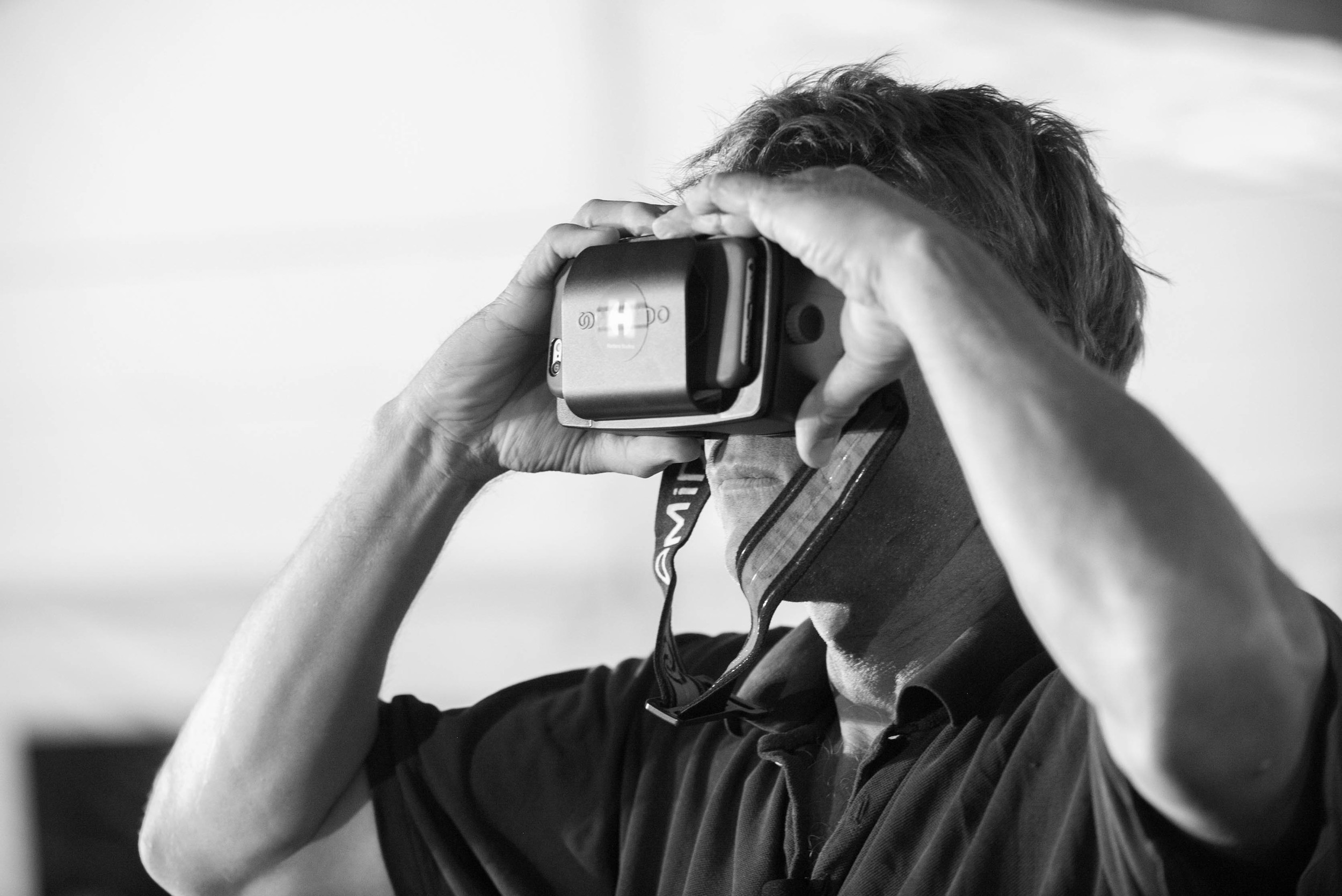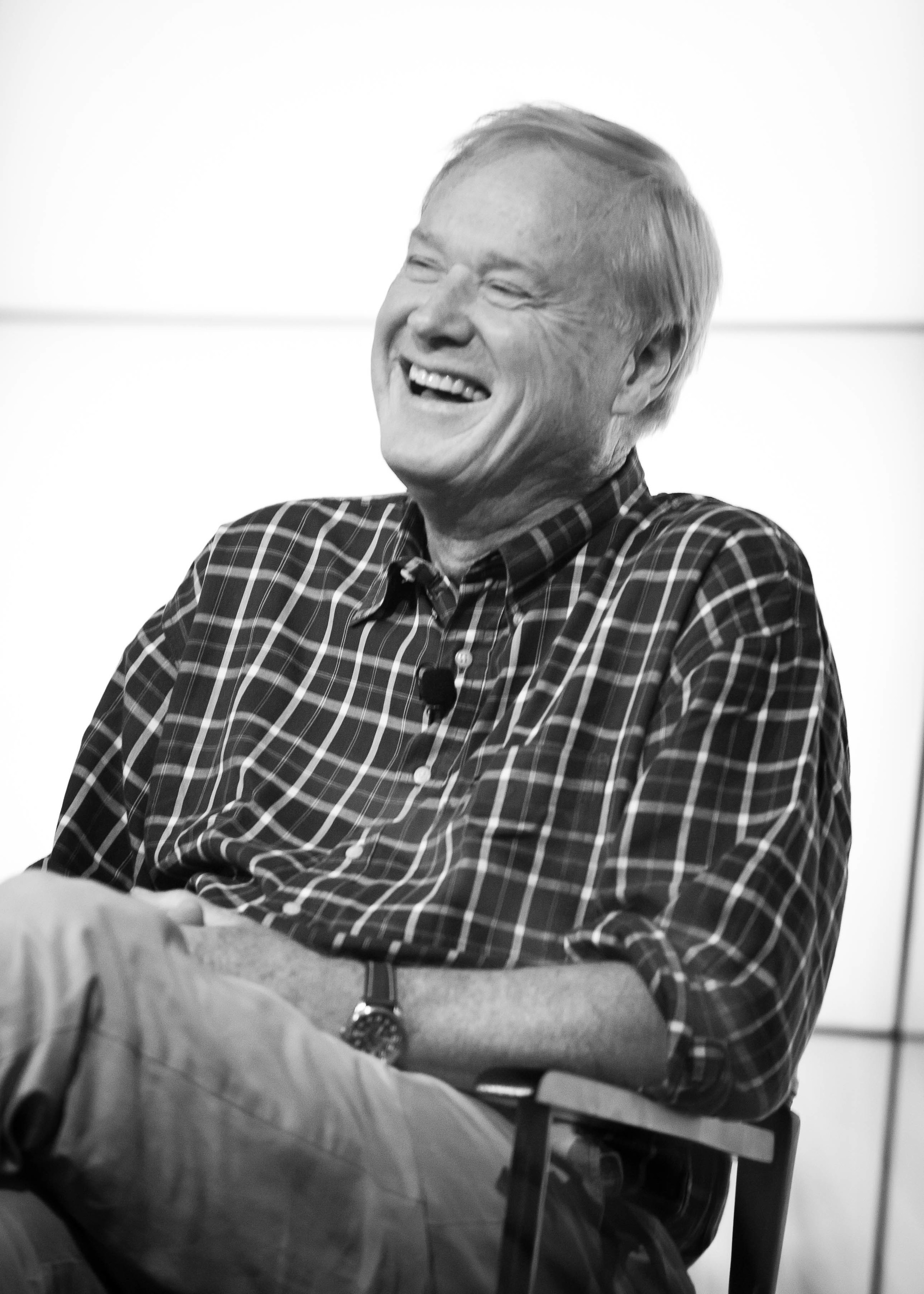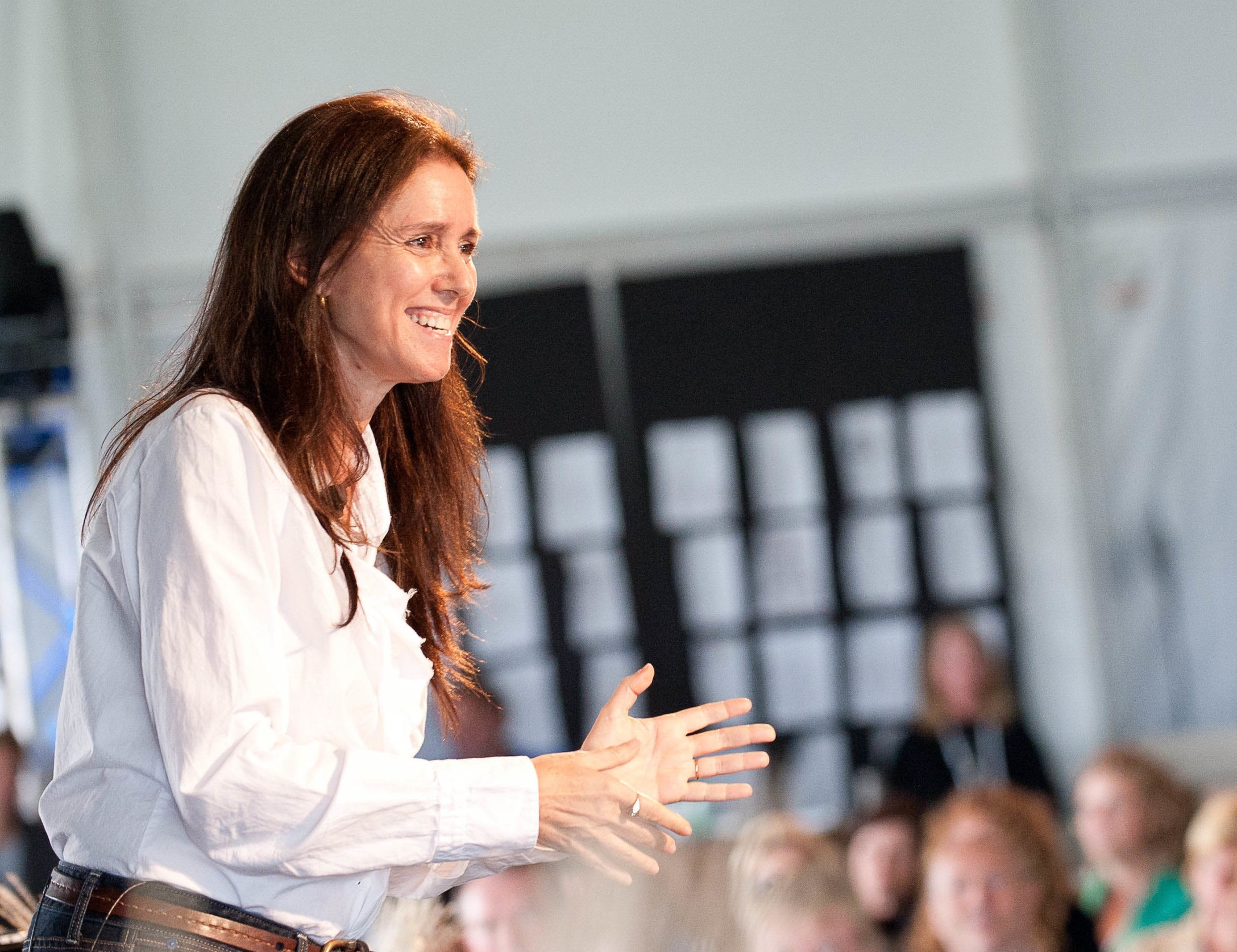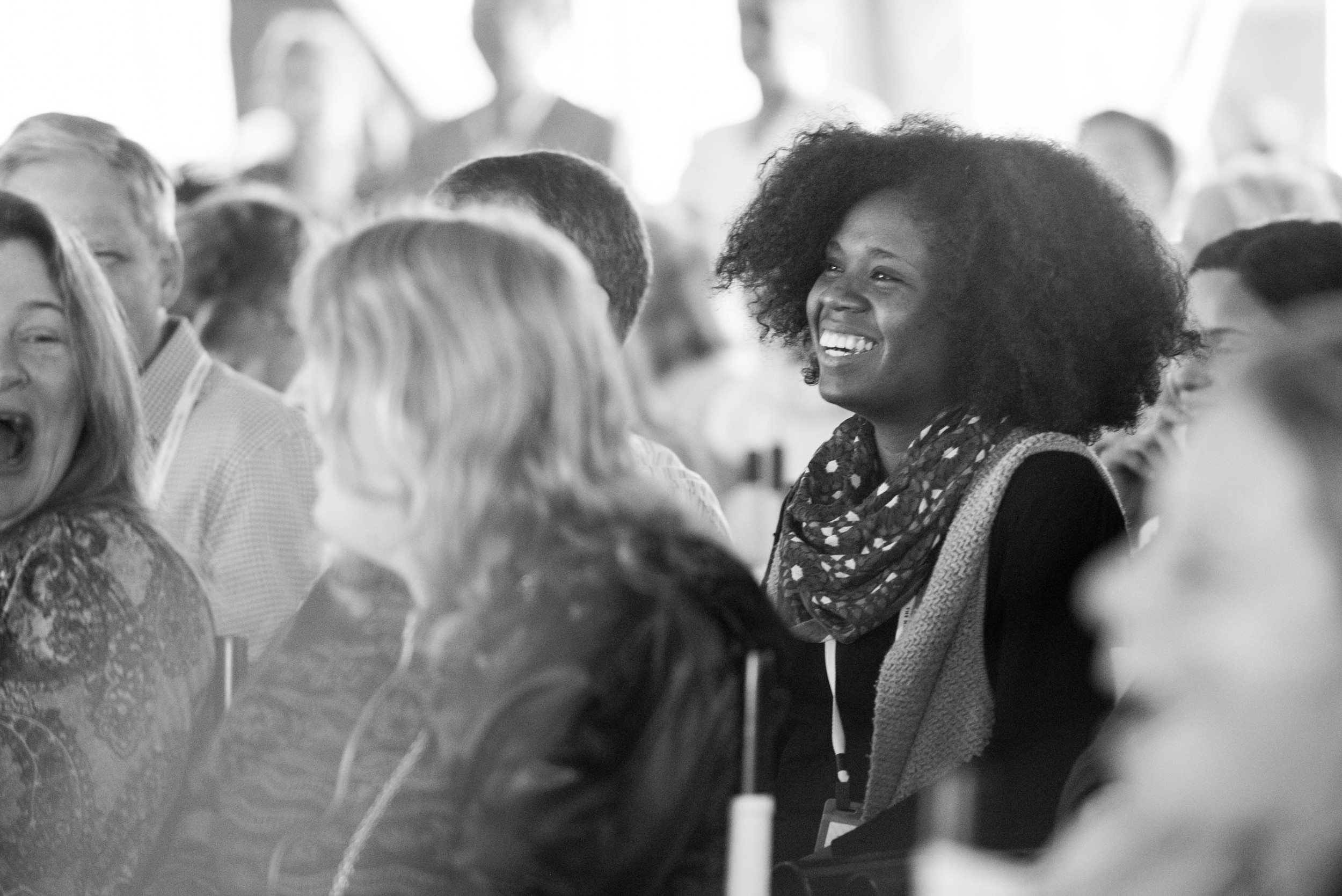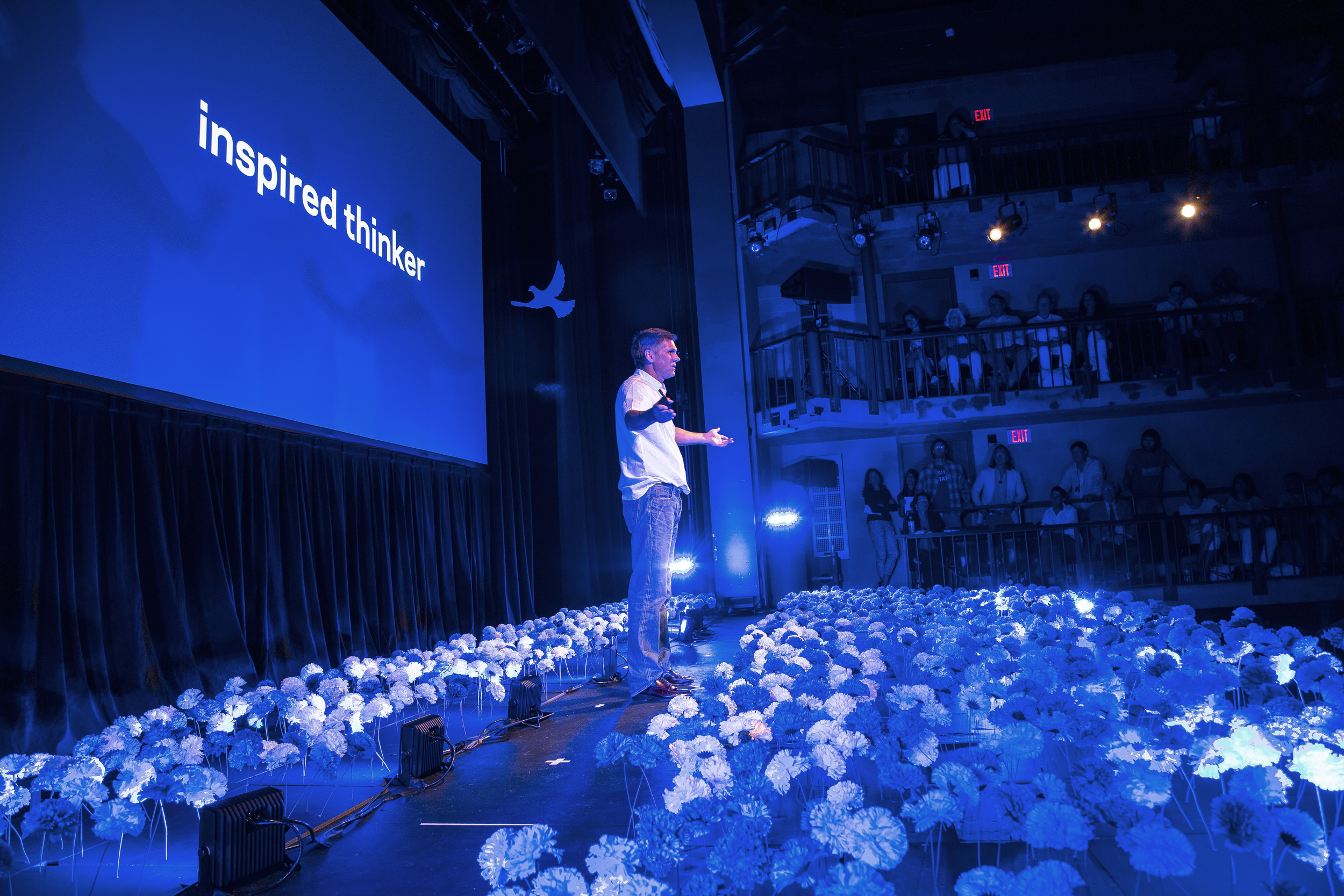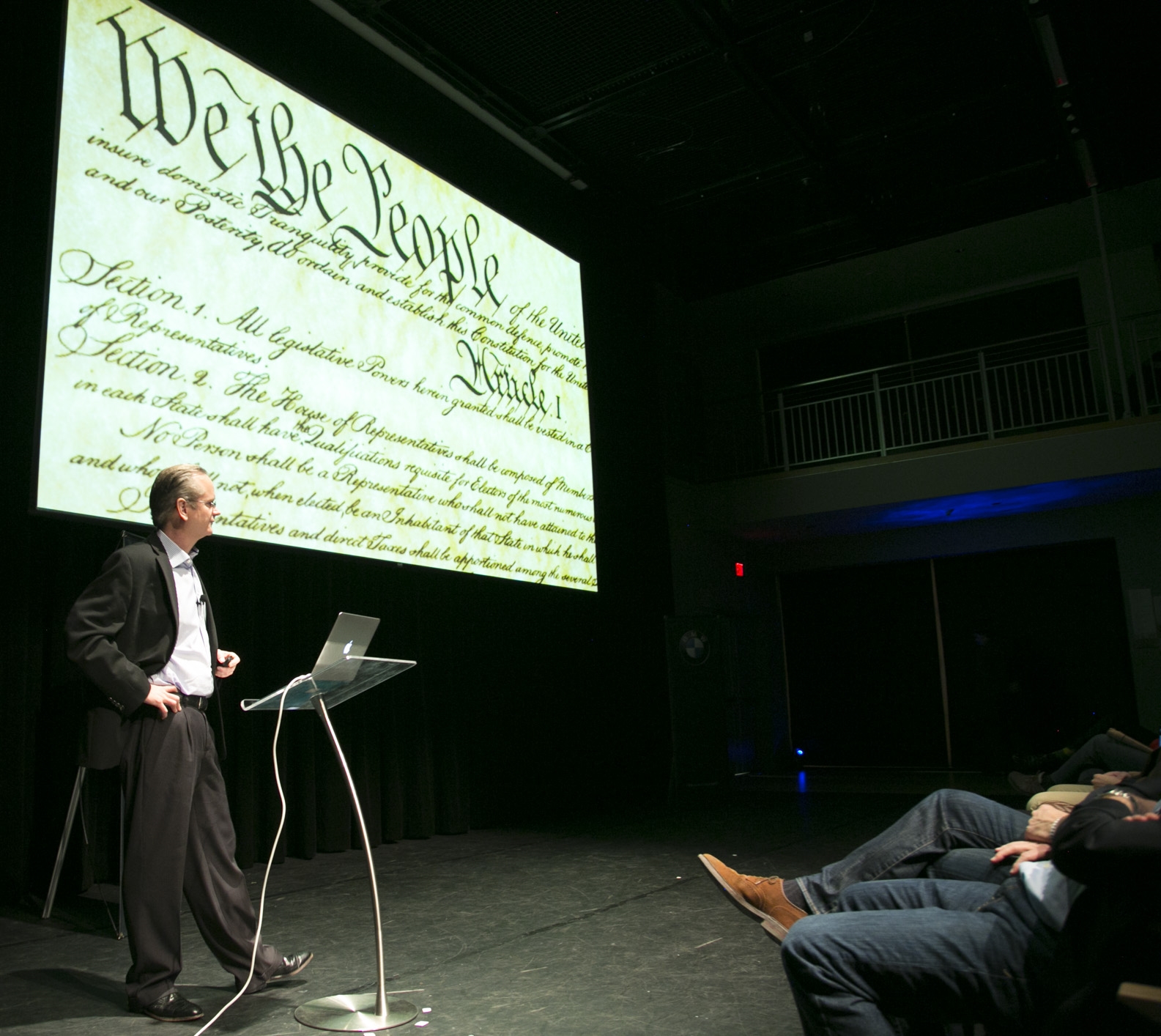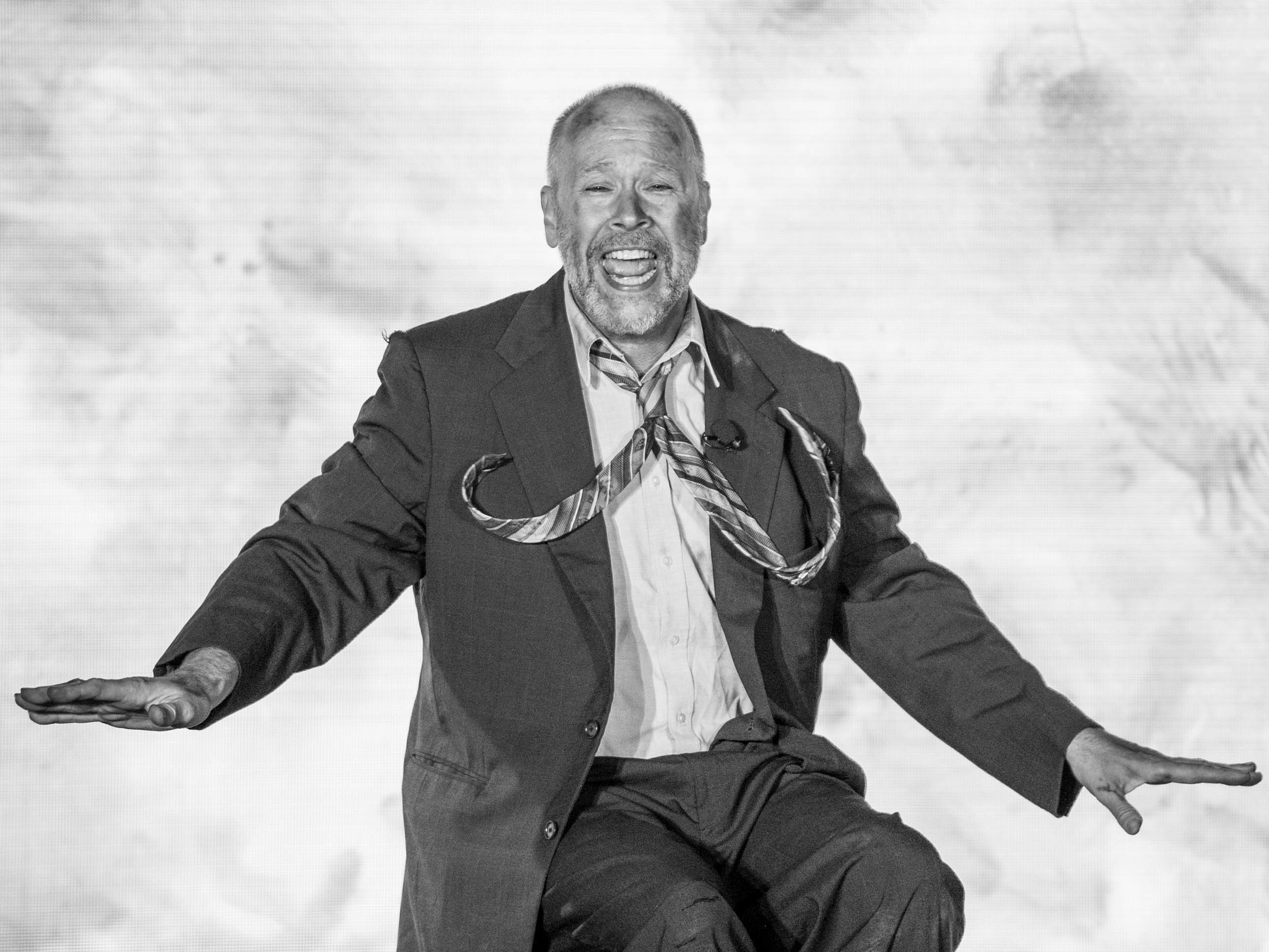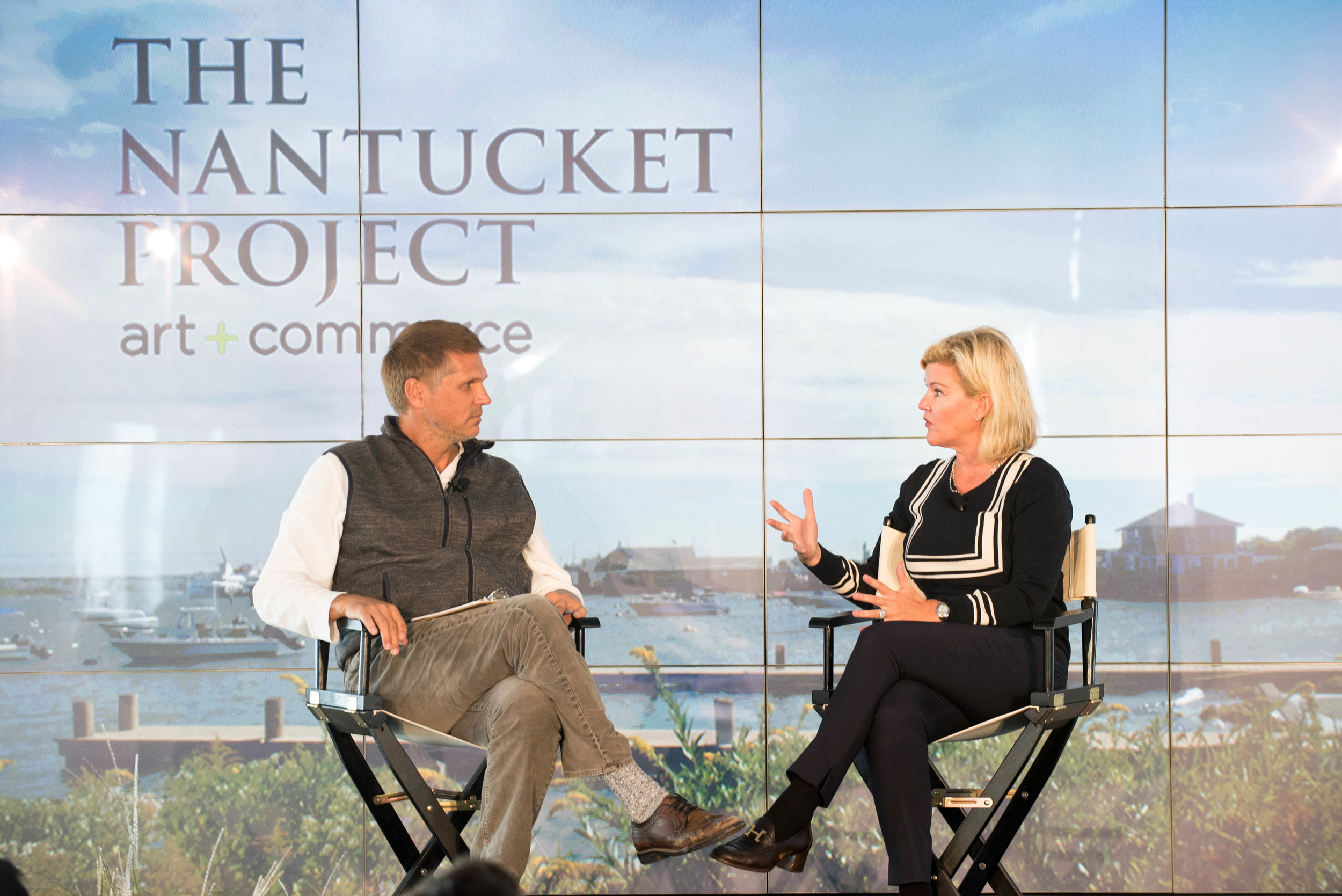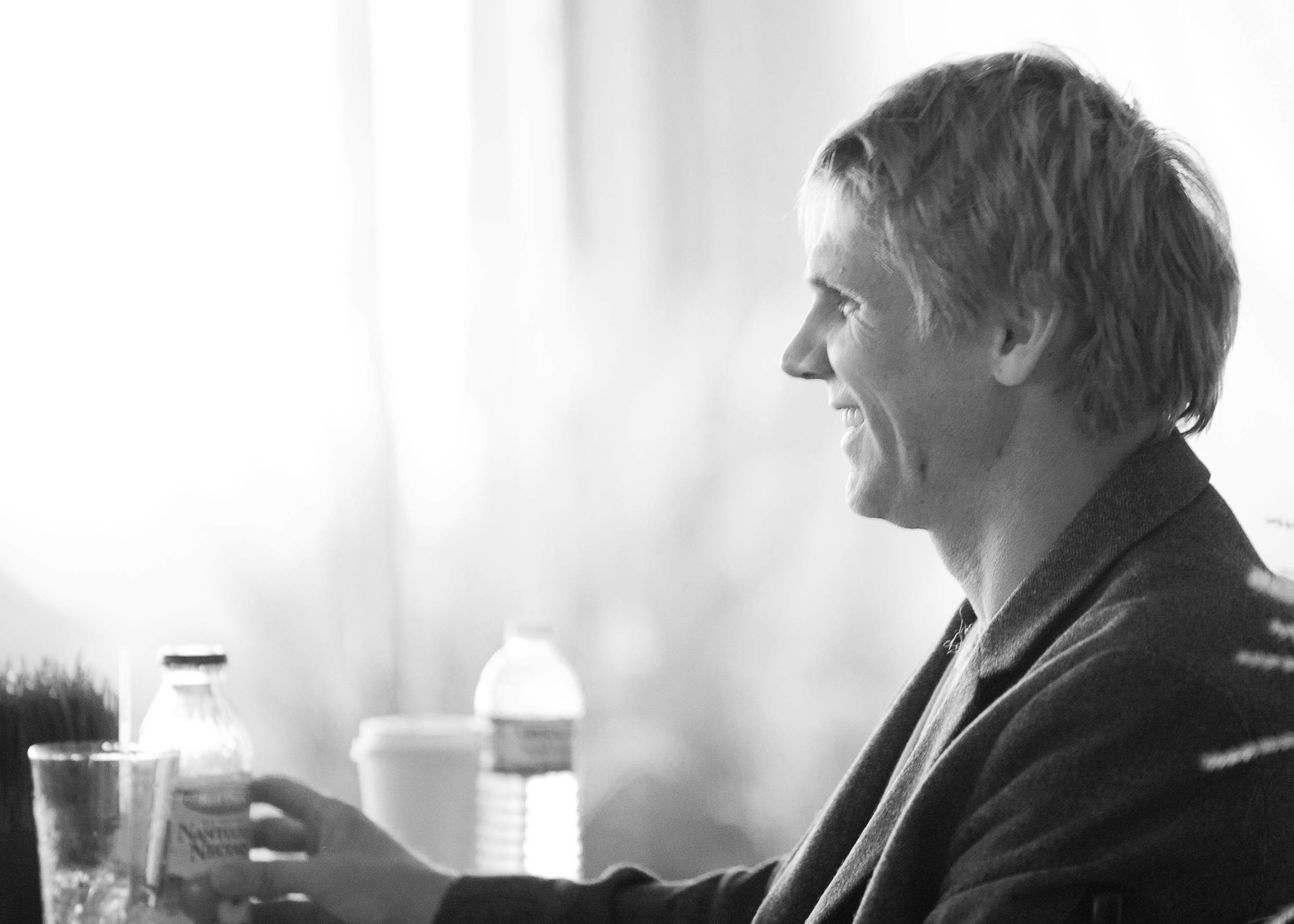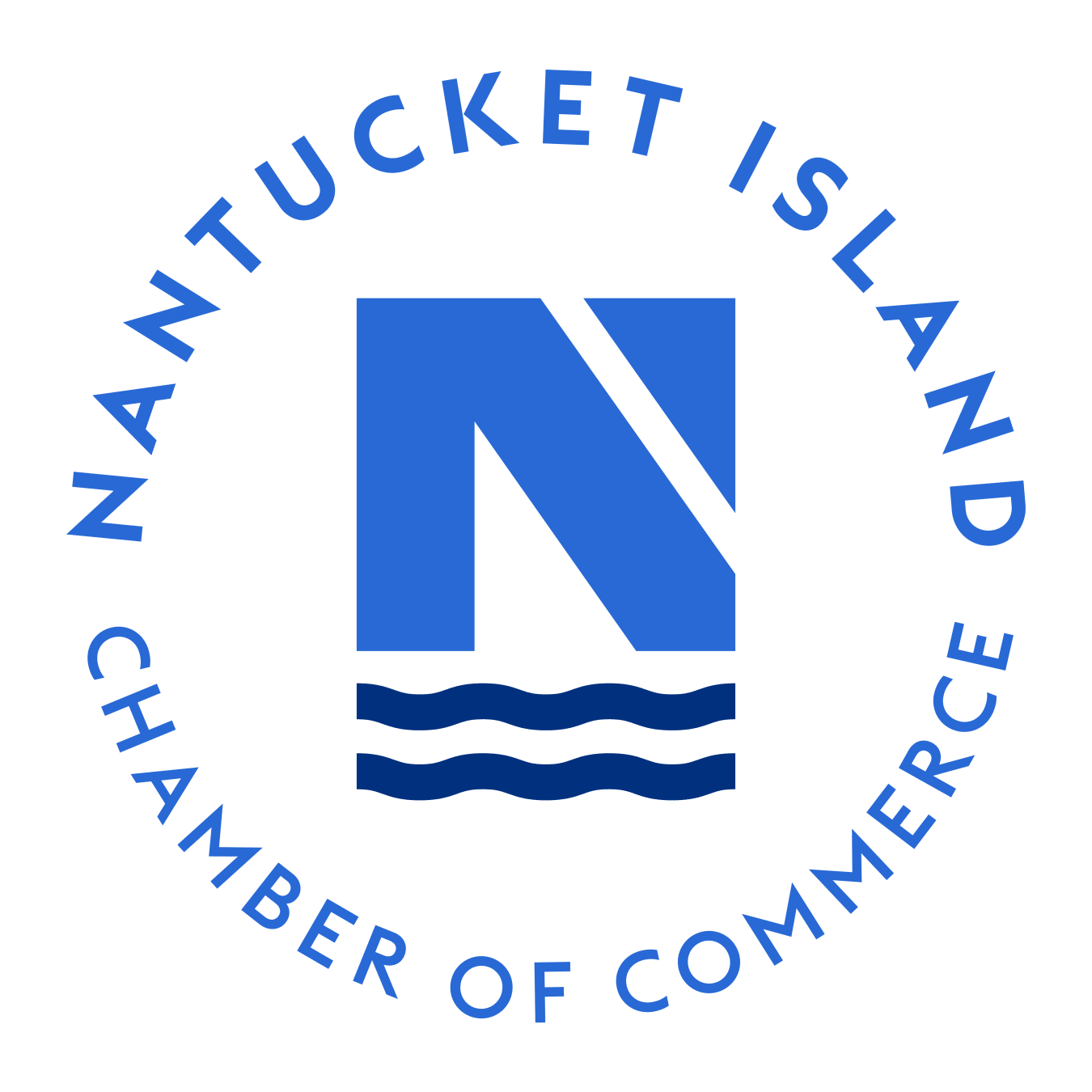NFF: 500 Years is the third in a trilogy of films documenting the Mayan / Guatemalan struggle. What brought you to this story originally, and why have you felt compelled to return to it?
Yates: I was working as a location sound recordist in Nicaragua and El Salvador in the early 1980s when I heard about a hidden uprising centered in the indigenous highlands of Guatemala. The Guatemalan journalists trying to cover this story were being disappeared, tortured and murdered. I knew that the United States had overthrown the democratically elected government of Jacobo Árbenz in 1954, leaving a legacy of brutal military dictatorships. So as a U.S. citizen and filmmaker, I felt a responsibility to investigate the continuing role of the U.S. in human rights violations and to get this story out.
Guatemala wrapped its arms around my soul and never let me go. There is something so beautiful and spiritual about the country and its people. Yet it’s a country rich in resources that keeps its citizens in poverty. I’ve continued to tell the story of Mayan resistance over 35 years, with 3 films, because it is one epic story of determined resistance. And the films have had and continue to have universal resonance because they embody themes of justice, the quest for a sustainable planet, and indigenous rights while decrying greed, corruption, and racism.
I think it’s important for documentary filmmakers to stay connected to people and places where we’ve told stories. Not necessarily to make another film, but to make sure our relationships continue. We’re not rich, but we have rich lives.
NFF: Is there anything you've seen or learned from these stories that give you hope for the power of resistance in other cultures?
Yates: The whole idea for The Resistance Saga, which includes our trilogy of films about Guatemala, When the Mountains Tremble (1983), Granito: How to Nail a Dictator (2011) and my new film here at the festival, 500 YEARS (2017), is to learn from the wisdom of Mayan resistance and how it may apply to better our lives. With the rise of authoritarian governments here and around the world, we will have to be smart and creative about resisting the advances of conservatism to take away our civil rights. It may be only once that I will get to present my lifetime of work precisely at the moment when it is most needed.
NFF: How willing were the interviewees you spoke with and documented to give you access to their lives and stories?
Yates: When I was a young child growing up in the Appalachian mountains, and a new family moved into our neighborhood, my parents would send me over to find out all about them. I was naturally curious and interested, I was open to new people and ideas. And that quality has served me so well as a documentary filmmaker.
Access is about building relationships, and it takes time and honesty. I make films independently because I want to take the time to get to know people, and to collaborate with the protagonists in the telling of each story. In 500 YEARS we are modeling a much more collaborative model of non-fiction storytelling by involving the protagonists not only during the production but also in our multi-year outreach and engagement campaigns, when we take the film out into the world together.
Irma Alicia Velásquez Nimatuj, a Mayan leader, journalist, scholar and public intellectual will be with me here at the festival, speaking with the film.
NFF: Do you feel that you've now completed this story? Or are there more films to come from the Mayan / Guatemalan people?
Yates: The saga of the Mayans of Guatemala began well before I began making When the Mountains Tremble and will continue well after 500 YEARS. The next generation of Guatemalan filmmakers are coming on strong, and I’m confident that they will continue the story with vibrant innovations and their own style of storytelling.
NFF: What do you hope Nantucket audiences will see / take away from this film?
Yates: I hope that Nantucket audiences will know that resistance is a life long commitment to social change and that they will be inspired by the Mayans of Guatemala who have been resisting for 500 years, since the conquest. I want to galvanize newly minted activists – those who went to the Women’s March on Washington last January, or everyone who traveled to the encampment at Standing Rock – to be emboldened and energized by the creative movement building they’ll see in500 YEARS. Our extended discussion after the film will center this idea.
